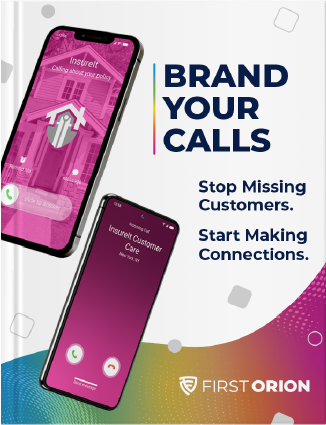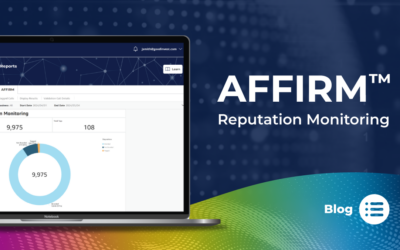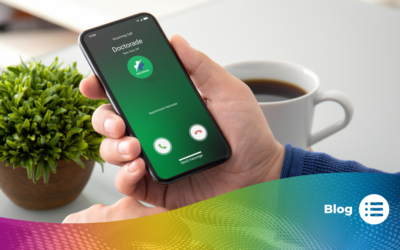According to our latest survey, most of you never give out sensitive info to suspected scammers – which is great! While it may seem obvious when you read about the scams here, at the moment these cons might be very convincing, especially since scammers are always adapting their tricks to seem more legitimate. If you suspect you’ve given out too much information, there are a few places you’ll want to contact immediately.
- Contact your financial institutions: If you gave out any bank information, credit card numbers, or even sensitive info like your address or social security information, contact all of your financial institutions immediately and give them the heads up. The bank can help you determine if you need a new card, account number, or help you stop payment on a check or wire transfer.
- Put a hold on your credit report: Scammers can do a lot of damage with personal identifying information like your social security number or date of birth. Contact all three credit bureaus to place a free 90-day fraud alert on your credit reports, which reduces the risk of a scammer using your info to open new lines of credit. If you’re not making any large purchases any time soon, you can also freeze your credit completely to keep anyone from accessing your report.
- Call the Social Security Administration: If you exposed your SSN, call the SSA at 1-800-772-1213 and give them the heads up. If you have a MySSA account, you might want to add identity verification or opt-out of MySSA completely for the time being so scammers can’t use it against you.
- File a complaint with the FTC: The Federal Trade Commission allows you to register a complaint with any number you believe to be scam, and then use that information to create public warnings. They know all of the scams, so they may be able to help you with more info on your rights as well.
- Contact your State Attorney’s Office: Your state’s Attorney’s Office keeps track of reported fraud and scams within the state. Similar to the FTC, they use those reports to create public service announcements – which in turn, local journalists may use to warn the masses. Your report can help others steer clear of a similar situation!
- Warn businesses of potential copy cats: Did you get a call from a scammer pretending to be a legitimate business or government agency? You should contact those businesses as well to let them know their names and reputations are being used to swindle people. If nothing else, that business can notify their patrons via social media or their website not to trust fishy calls using their name.
- Let your friends and family know: Make sure your friends and family are aware of the scam as well. Word of mouth is an efficient way to warn others of potential traps, especially when deciphering what tricks scammers are using lately! Sharing your experience is an important part of protecting yourself and others against scams in the future.
If you fear you have given too much information away to a scammer, taking these few steps is a good start to protecting your identity. Our app PrivacyStar and carrier solutions like Name ID can help filter out these sorts of calls, but ultimately branded calling from businesses and institutions through our Engage and Inform products will make it even easier to trust who is calling. If you’re a business owner who wants to verify your calls and protect your customers, check out our business services here.




